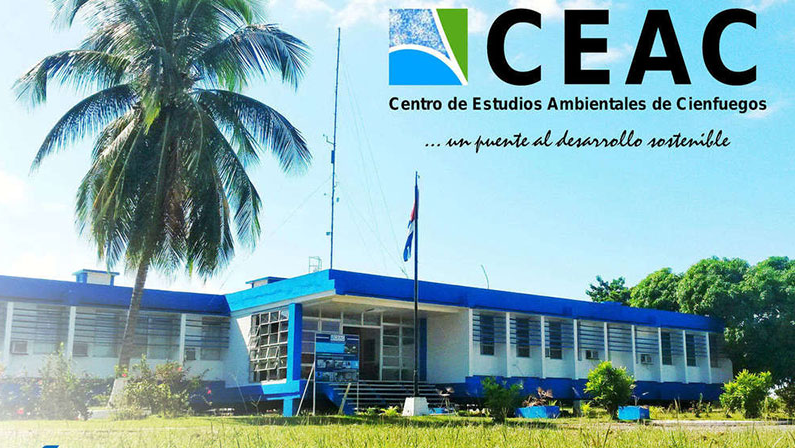
Cienfuegos Center for Environmental Studies (CEAC)
Cienfuegos, Cuba, Dec 26 (RHC) The Cienfuegos Center for Environmental Studies (CEAC) represented Cuba at the Final Online Meeting of the Technical Cooperation Project for the Latin American and Caribbean Region (ARCAL), coordinated by the International Atomic Energy Agency (IAEA).
"Improving livelihoods through increased water use efficiency associated with climate change adaptation and mitigation strategies in agriculture" was the topic discussed at the meeting.
It was chaired by Ms. Magali Zapata, the Agency's Program Management Officer, the technician Ms. Lee Heng, Chief of the Soil and Water Section of the IAEA's Department of Nuclear Sciences and Applications, and Dr. Cristina Chinchilla, from Costa Rica, the country coordinating the event.
The objective of the event was to enable the participating countries to make progress in the application of nuclear and isotopic techniques and modeling to increase the efficiency of water use in agriculture, a tool for dealing with the adverse effects of climate change in this sector.
According to CEAC Communicator Maikel Hernández Núñez, the counterparts from Argentina, Brazil, Chile, Ecuador, Mexico, Peru, Uruguay, and Costa Rica also participated, presenting achievements and difficulties encountered during the execution of the project.
It was concluded that the project met its objectives; the countries made progress in theoretical knowledge in the application of nuclear and isotopic techniques for the efficient use of water in agriculture. They obtained results in the calibration and validation of the AquaCrop model, used in crops to optimize irrigation.
They worked on the use of stable isotopes of water to calculate the components of evaporation and transpiration in crops, in order to evaluate the efficiency of water use in agriculture, trying to reduce as much as possible, the losses of the liquid by evaporation.
One of the main difficulties, as presented by the countries, was the confrontation with the COVID - 19 pandemic. However, thanks to the perseverance and dedication of the researchers, this did not prevent the achievement of the proposed research goals. (Photos by the author)

